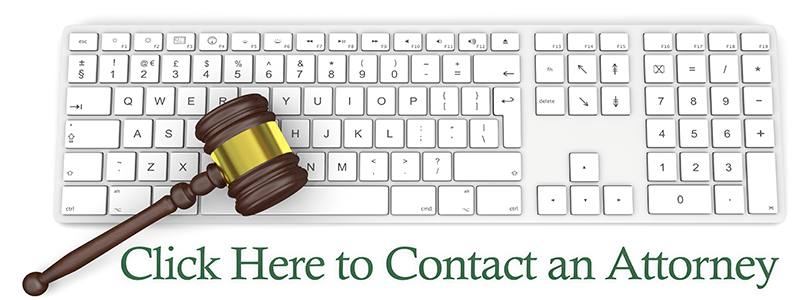Duties of an Executor
Michael L. Laribee, Esq.

When drafting a Last Will and Testament, it is important to carefully choose the person who will serve as the
An executor, or executrix if female, is a person nominated to carry out the directions in a Will and to dispose of estate property after death in an orderly fashion. The executor should be organized and trustworthy. He should also appreciate the seriousness of the position.
The probate court has exclusive jurisdiction to direct and control the conduct of an executor. The court will appoint an executor provided that he is named in the Will and is suitable and competent. The court will require the executor to post a bond in an amount not less than twice the value of the personal property of the estate, plus any annual real estate rentals. The bond requirement will be waived, however, if the Will provides that the executor may serve without bond or the executor is the next of kin and is entitled to the net proceeds of the entire estate.
The main duty of an executor is to collect assets of the decedent, to pay debts and then to distribute any balance to the beneficiaries listed in the Will.
He is charged with the safekeeping of all proceeds and personal property that comes into his hands from the personal estate of the deceased. Other duties include locating and notifying beneficiaries, identifying the location and nature of estate assets, arranging appraisals, selling real and personal property, compiling an inventory, paying taxes and examining estate debts to determine which claims against the estate will be allowed. They may also have to defend lawsuits filed against the estate or bring legal actions against those who owe the estate money.
The liabilities of an executor flow from the fiduciary duties they have assumed through accepting the position. When appointed, the executor must sign an oath in which he agrees to do the following:
- Give notice of the filing of the Will to all next of kin
- Prepare and file an inventory of the real and personal assets of the estate
- Deposit all funds in a separate estate bank account located within the State of Ohio
- Invest all estate funds in a lawful manner
- Prepare and file a final account within six months of appointment
- File all estate or income tax documents as required by law
- Maintain adequate insurance to reasonably protect estate property
- Obey all orders of the probate court
It is essential that an executor perform his duties in good faith and with the care that a prudent person would exercise in the management of their own affairs. The executor may be removed by the court if he fails to perform any of these duties. Further, he will be subject to civil and criminal penalties for improper use of the estate property. An executor, however, will not be held responsible for any loss or destruction of property if they are not personally at fault.
It is advisable that an executor seek the assistance of an experienced probate attorney to make sure that the estate is administered correctly. Even the simplest estate requires great care. A probate attorney will see that an executor’s fiduciary duties are met and that the estate is administered properly and in a timely fashion.
This article is intended to provide general information about the law. It is not intended to give legal advice. Readers are urged to seek advice from an attorney regarding their specific issues and rights.


